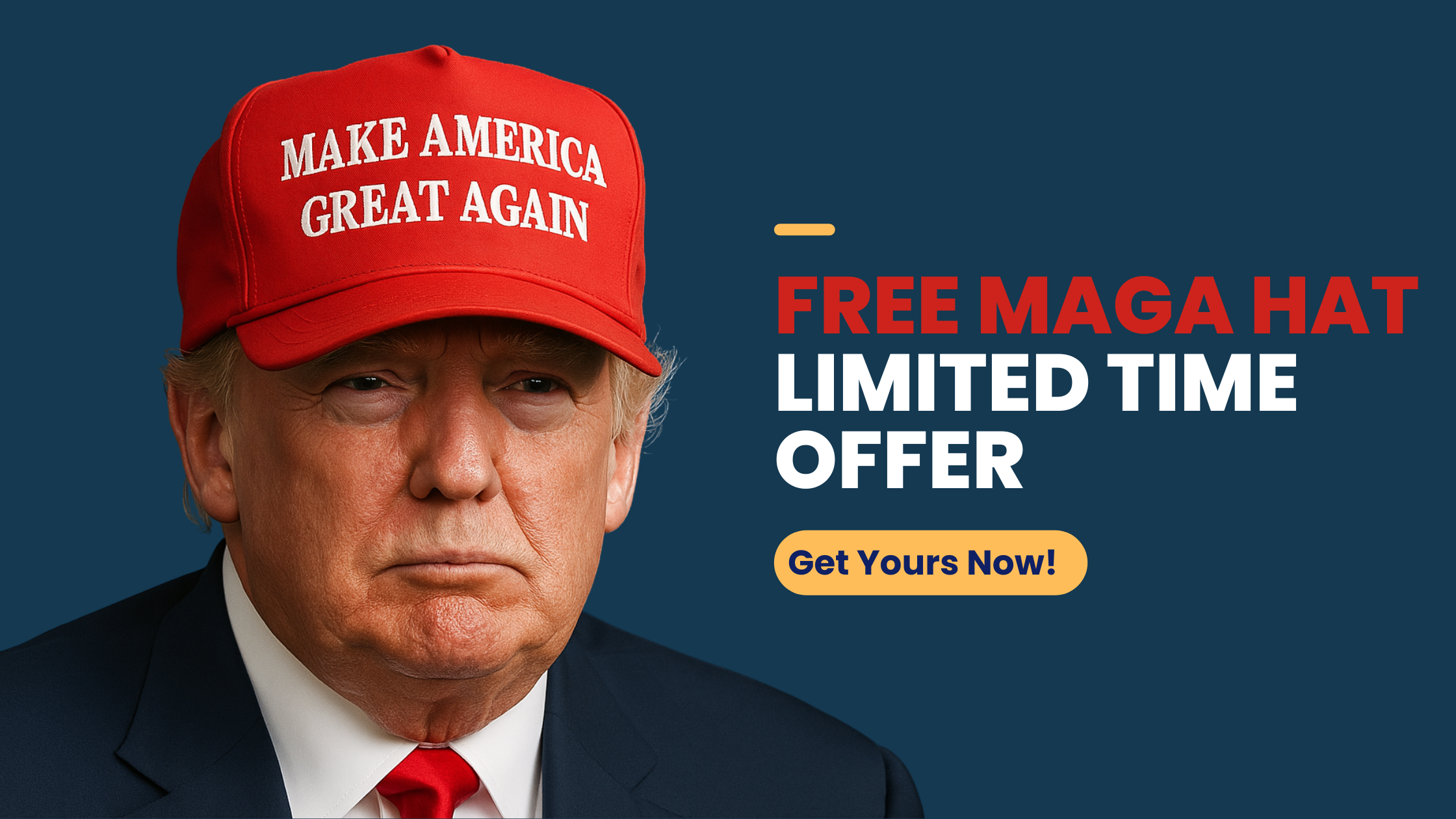White House Red Alert — JD Vance Says It’s FINAL
Vice President JD Vance applauded the forward momentum on a potential trade pact between the United States and India on Tuesday, emphasizing that the collaboration between Indian Prime Minister Narendra Modi and President Donald Trump’s administration could pave the way for a “prosperous and peaceful” 21st century.
Speaking from Jaipur in northern India, Vance cautioned that without close U.S.-India cooperation, the Indo-Pacific could face “dire” outcomes and the world may see a “dark time.”
“Critics have attacked my president, President Trump, for starting a trade war in an effort to bring back the jobs of the past, but nothing could be further from the truth,” Vance said. “He seeks to rebalance global trade so that America, with friends like India, can build a future worth having for all of our people together.” His remarks referenced Trump’s tariff strategies and efforts to boost American manufacturing.

Vance explained that both nations are focused on building a trade agreement grounded in mutual goals—“creating new jobs, building durable supply chains and achieving prosperity for our workers.” He noted that in a recent meeting, he and Modi made “very good progress” on those goals.
“We’re especially excited to formally announce that America and India have officially finalized the terms of reference for the trade negotiations,” he said. “I think this is a vital step toward realizing President Trump and Prime Minister Modi’s vision because it sets a roadmap toward a final deal between our nations. I believe there is much America and India can accomplish together.”
During the visit, Vance also had a personal milestone—it marked his first time visiting the birthplace of his mother-in-law, Usha Vance, and he was accompanied by his wife and their three children. Prime Minister Modi hosted the Vance family for dinner on Monday.
He noted that his children have only developed strong bonds with two global leaders—Trump and Modi, whom they first encountered at the AI Action Summit in Paris earlier this year.
“Our kids just like him,” Vance said of Modi. “Children are ‘brutally honest’ and good judges of character. I just like Prime Minister Modi too. And I think it’s a great foundation for the future of our relationship.”
Vance also spoke about Modi’s negotiation style, saying, “President Trump and I know that Prime Minister Modi is a tough negotiator. He drives a hard bargain. It’s one of the reasons why we respect him. And we don’t blame Prime Minister Modi for fighting for India’s industry.” He continued, “But we do blame American leaders of the past for failing to do the same for our workers. And we believe that we can fix that to the mutual benefit of both the United States and India.”
Although he didn’t name China directly, Vance appeared to reference it when discussing global competition.
“This audience knows better than most: neither Americans nor Indians are alone and looking to scale up their manufacturing capacity,” he said. “The competition extends well beyond cheap consumer goods and into munitions, energy infrastructure and all sorts of other cutting-edge technologies. I believe that if our nations fail to keep pace, the consequences for the Indo-Pacific, but really the consequences for the entire world will be quite dire.”
Vance emphasized that “a stronger India means greater economic prosperity” and “greater stability across the Indo-Pacific,” goals that he believes are shared by everyone present.
“If India and the United States work together successfully, we are going to see a 21st century that is prosperous and peaceful,” he said. “But I also believe that if we fail to work together successfully, the 21st century could be a very dark time for all of humanity.”
Highlighting energy as a critical factor for development, Vance stated that the Trump administration views “cheap, dependable energy” as a cornerstone of economic independence.
He argued that India stands to benefit significantly from increased imports of U.S. energy, as it would allow the country “to build more, make more, and grow more, but at much lower energy costs.” The United States, he added, is “blessed with vast natural resources and an unusual capacity to generate energy.”
He also mentioned interest in helping India tap into its own resources, including offshore gas and critical minerals. “We believe that American energy can help realize India’s nuclear power production goals,” Vance said, adding that this is key not only for energy but also for India’s ambitions in artificial intelligence. “There is no AI future without energy security and energy dominance.”
Vance concluded by reinforcing the mutual economic potential between the two democracies. “Americans want further access to Indian markets. This is a great place to do business, and we want to give our people more access to this country,” he said. “And Indians, we believe, will thrive from greater commerce in the United States. This is very much a win-win partnership. It certainly will be far into the future.”